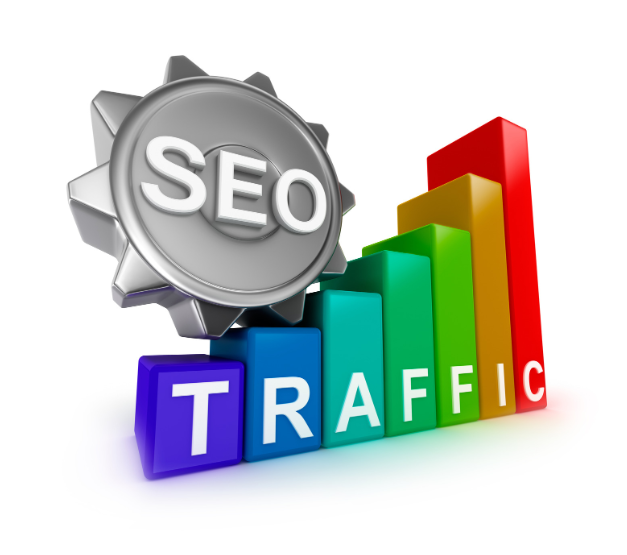In the ever-evolving landscape of digital marketing, search engine optimization (SEO) remains a crucial component for businesses aiming to improve their online visibility and reach. However, as technology continues to advance, so too do the strategies and techniques required to stay ahead in the SEO game. In this article, we’ll explore some of the emerging technologies and trends that are shaping the future of SEO and how businesses can adapt to stay competitive.
Voice Search
Voice search technology has witnessed a significant surge in popularity in recent years, thanks to the proliferation of virtual assistants like Siri, Google Assistant, and Alexa. With more people using voice commands to search for information, SEO strategies are adapting to accommodate this shift. Optimizing content for voice search involves incorporating natural language, long-tail keywords, and conversational phrases that mirror how people speak. Additionally, providing concise answers to commonly asked questions can improve your chances of appearing in voice search results.
Artificial Intelligence (AI) and Machine Learning
AI and machine learning are revolutionizing the way SEO is approached. From content generation to keyword research and predictive analytics, AI-powered tools are helping marketers make data-driven decisions and streamline their optimization efforts. As these technologies continue to evolve, we can expect more sophisticated algorithms that better understand user intent and deliver more personalized search results.
Mobile-First Indexing
With the majority of internet traffic now coming from mobile devices, Google has shifted to a mobile-first indexing approach, meaning it primarily uses the mobile version of a website for indexing and ranking. This makes having a mobile-friendly website more important than ever for SEO success. Businesses should prioritize responsive design, fast page loading times, and mobile-friendly navigation to ensure a seamless user experience across all devices.
Video and Visual Search
The popularity of video content and visual search technology is on the rise, presenting new opportunities and challenges for SEO practitioners. Optimizing video content involves using descriptive titles, tags, and transcripts, while visual search optimization focuses on image optimization, structured data markup, and providing relevant alt text. As visual search technology continues to improve, businesses should invest in creating visually engaging content that resonates with their target audience.
E-A-T (Expertise, Authoritativeness, Trustworthiness)
Google’s emphasis on E-A-T—Expertise, Authoritativeness, and Trustworthiness—in its ranking algorithms underscores the importance of providing high-quality, trustworthy content. Building E-A-T requires a multi-faceted approach, including creating authoritative content, earning backlinks from reputable sources, and establishing expertise in your industry. Moving forward, businesses should prioritize building and maintaining a strong E-A-T presence to enhance their SEO performance.
Local SEO and Hyperlocal Targeting
For businesses with a physical presence, local SEO is essential for attracting nearby customers. Hyperlocal targeting takes this a step further by focusing on specific neighborhoods or even individual streets. Optimizing for local SEO involves claiming and optimizing Google My Business listings, garnering positive reviews from satisfied customers, and creating locally relevant content. As location-based technology continues to advance, businesses can leverage hyperlocal targeting to connect with consumers in their immediate vicinity.
The Role of User Experience (UX)
User experience (UX) plays a critical role in determining a website’s search engine rankings. Google prioritizes sites that offer a seamless and intuitive user experience, including fast loading times, easy navigation, and mobile responsiveness. By prioritizing UX design principles, businesses can improve their website’s performance in search results and enhance overall user satisfaction. As AI-driven personalization becomes more prevalent, delivering tailored user experiences will become increasingly important for SEO success.
Takeaway
The future of SEO services is undeniably intertwined with emerging technologies and evolving user behaviors. By staying abreast of these trends and adapting their strategies accordingly, businesses can position themselves for success in an ever-changing digital landscape. Whether it’s optimizing for voice search, harnessing the power of AI, or prioritizing mobile and visual search optimization, embracing these advancements will be key to staying ahead of the competition.
Seize the digital advantage with Web Boost Online unparalleled SEO services. Join the ranks of satisfied clients who have experienced the transformative impact of our strategic optimization.











